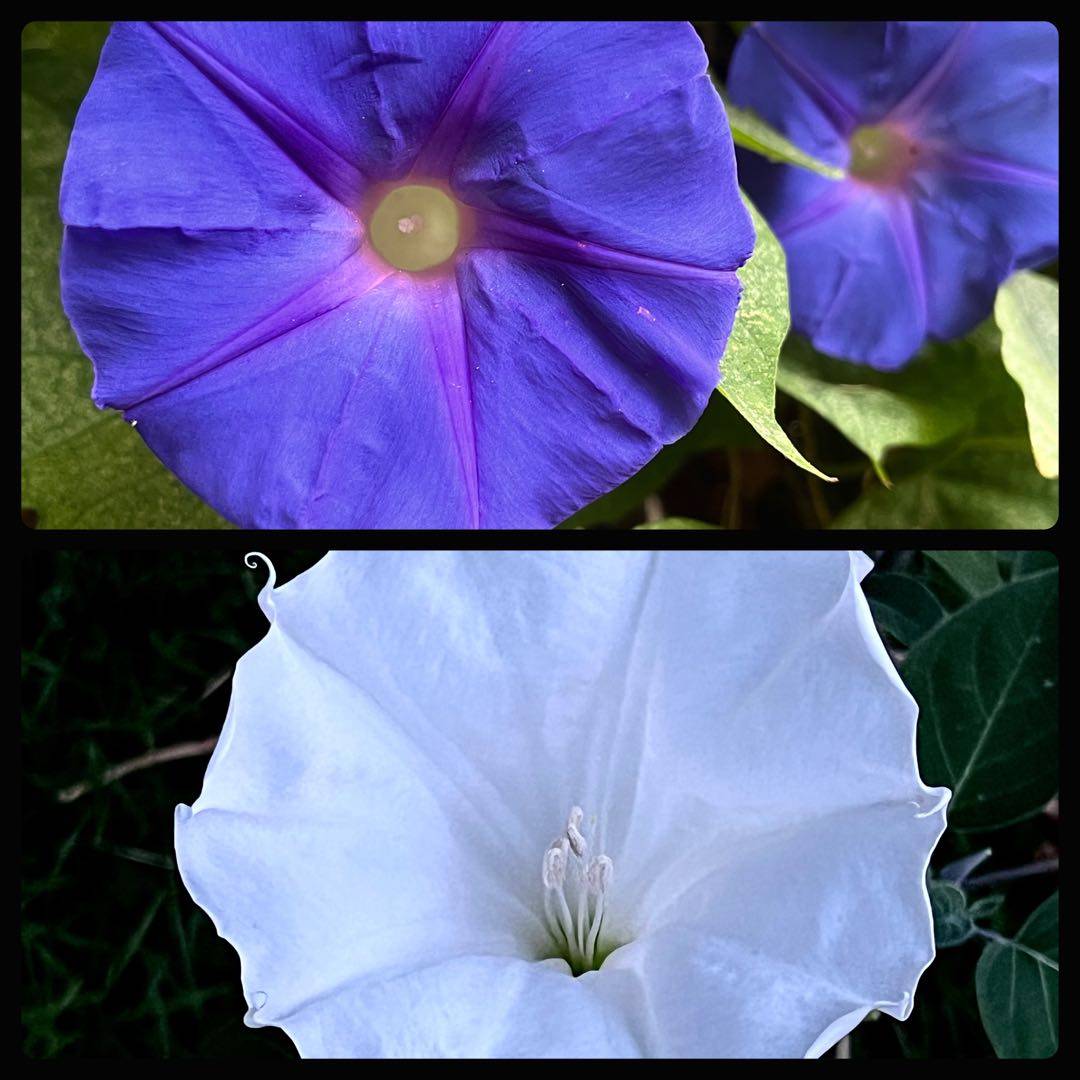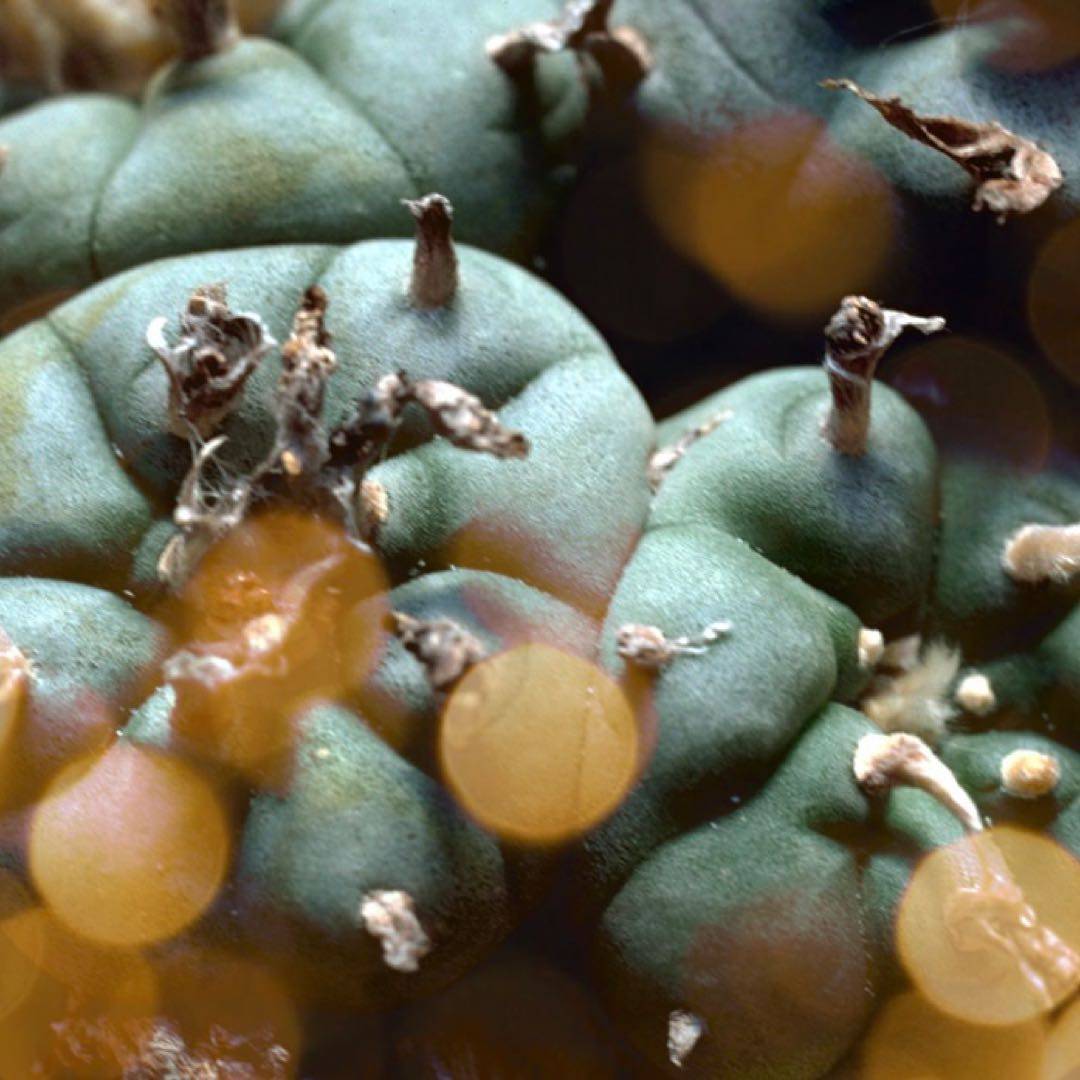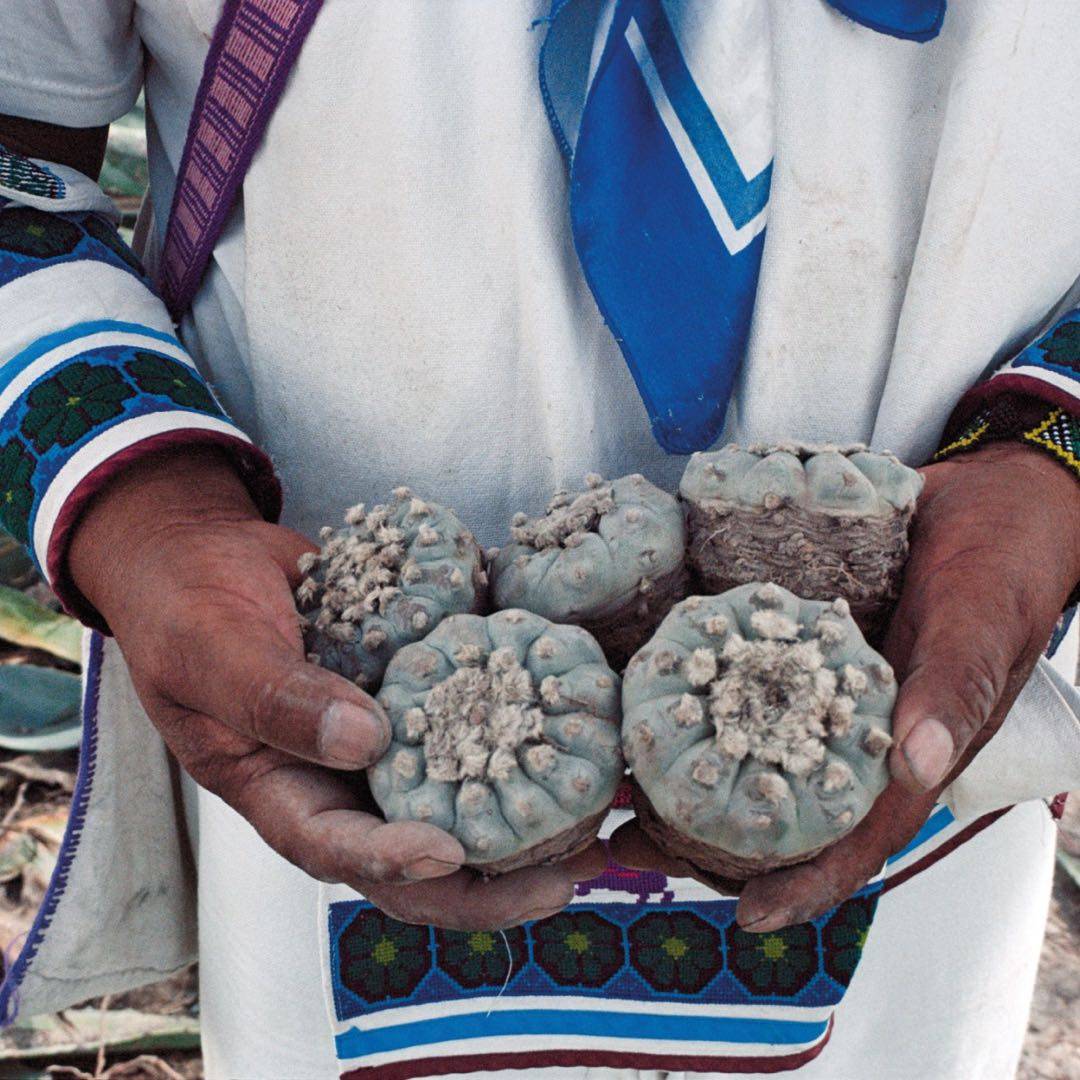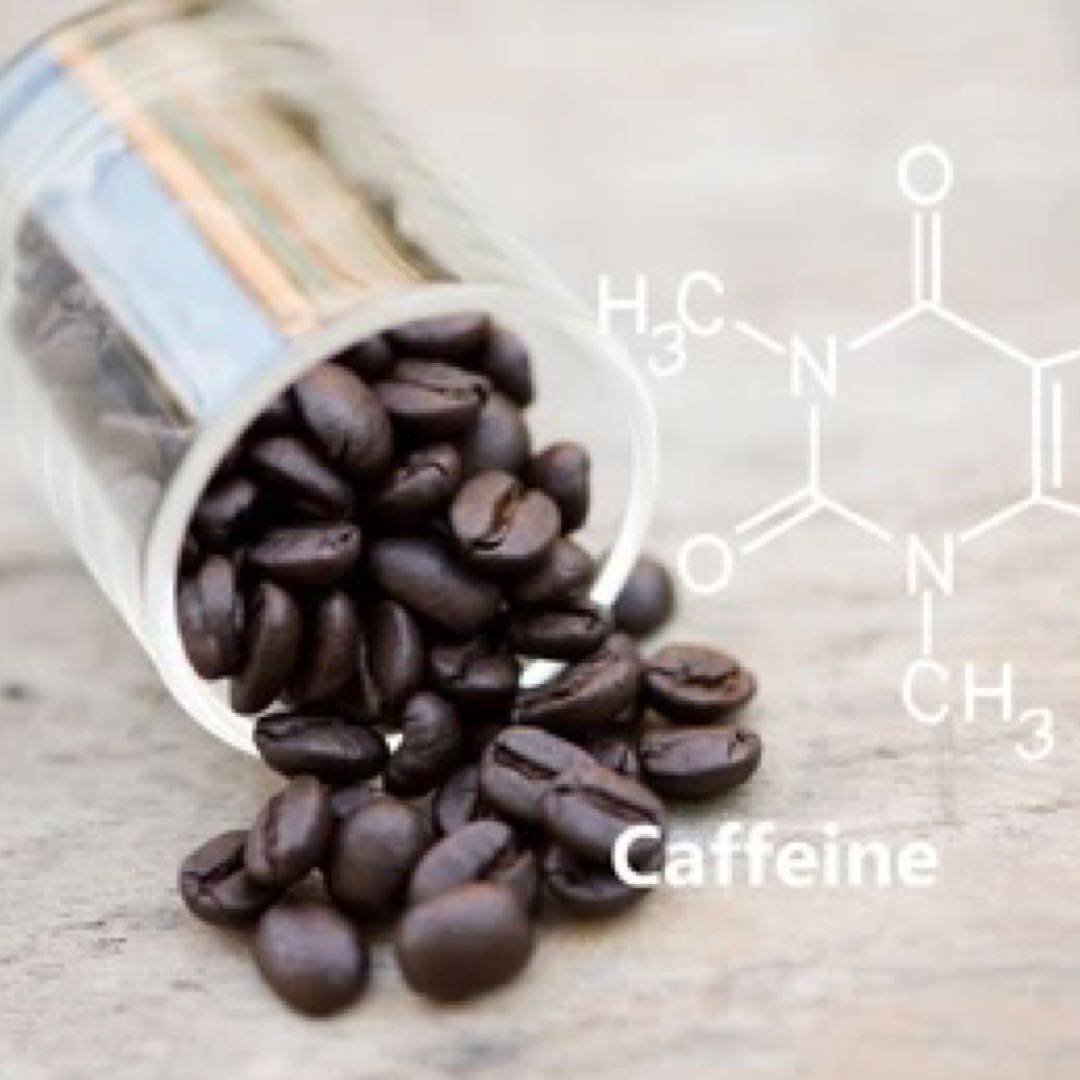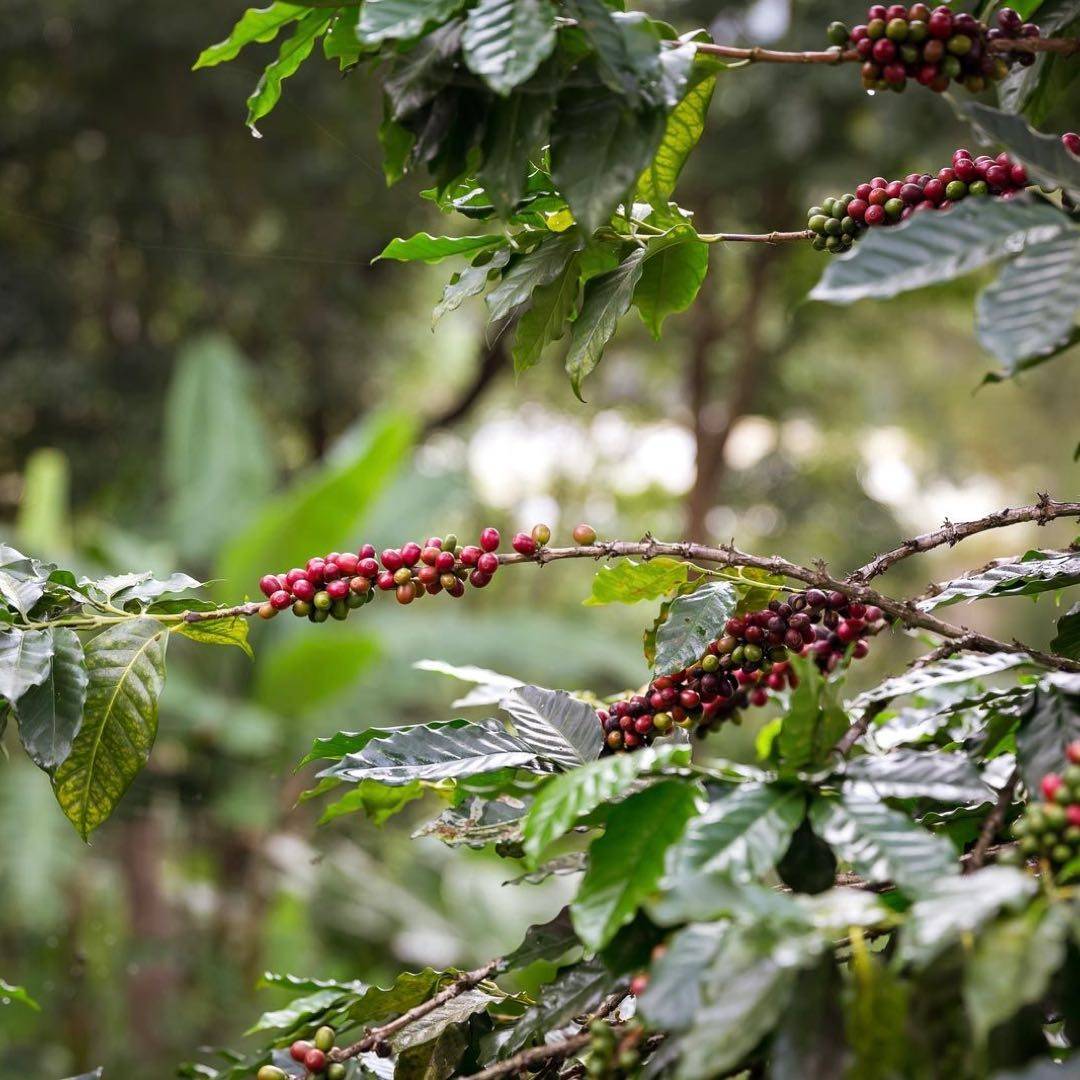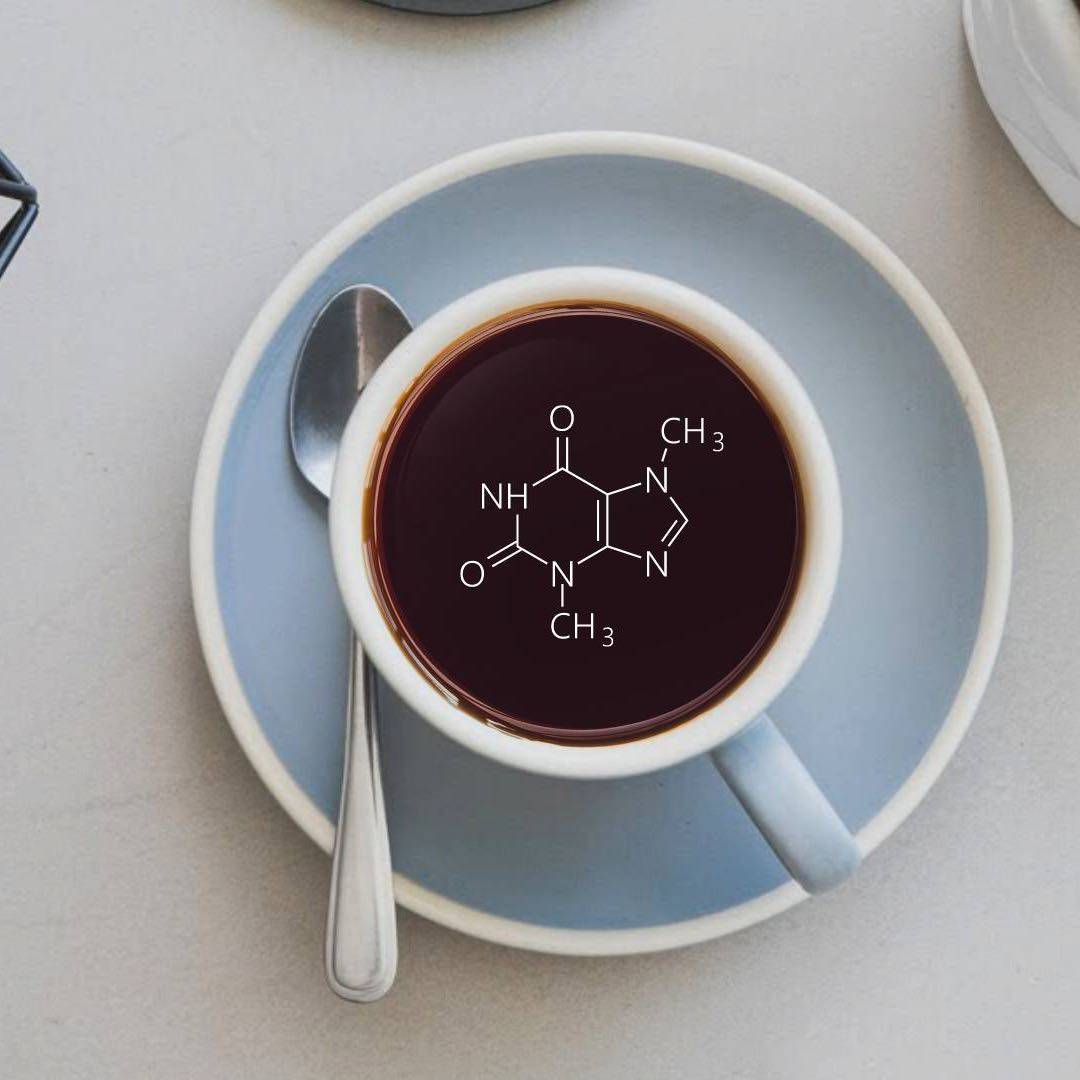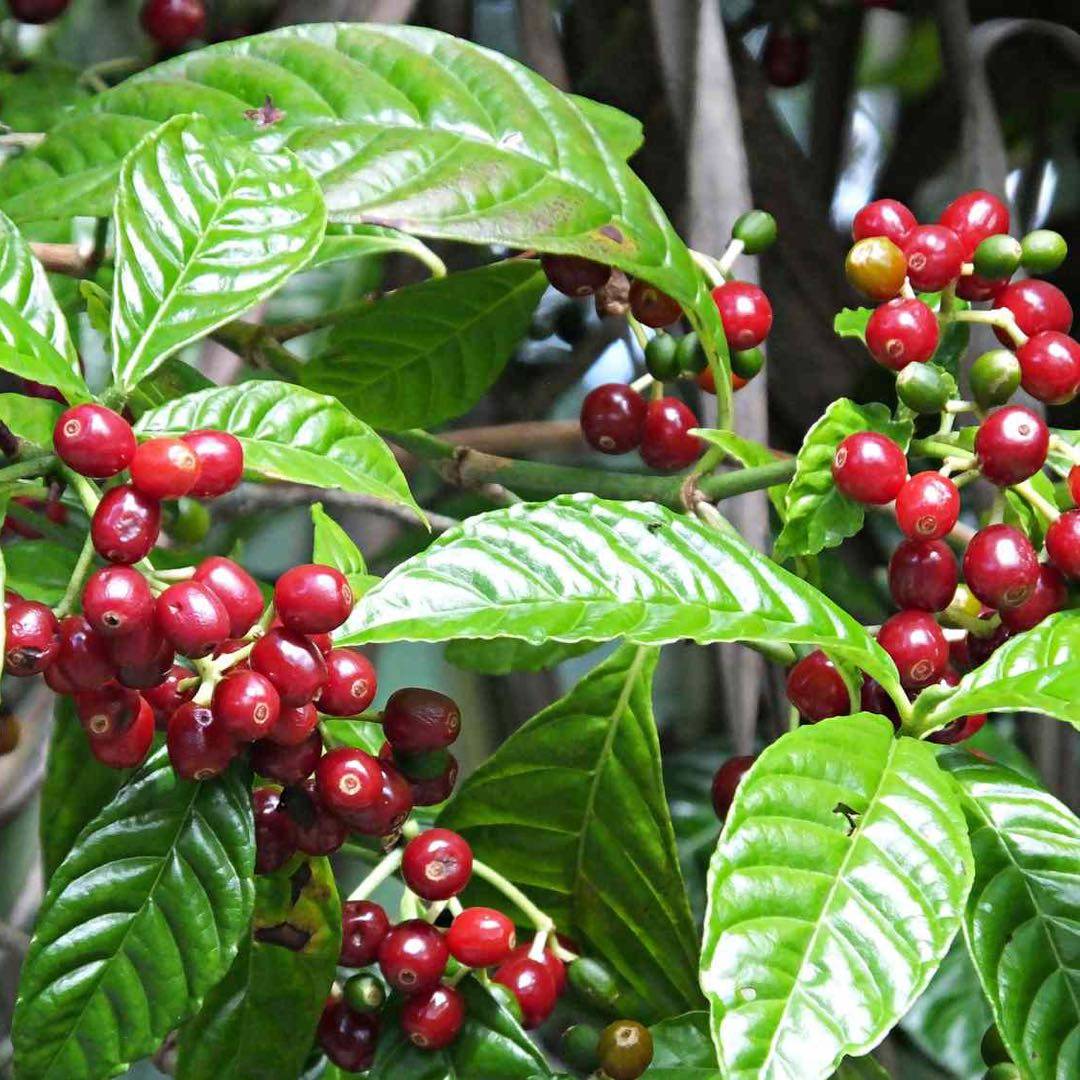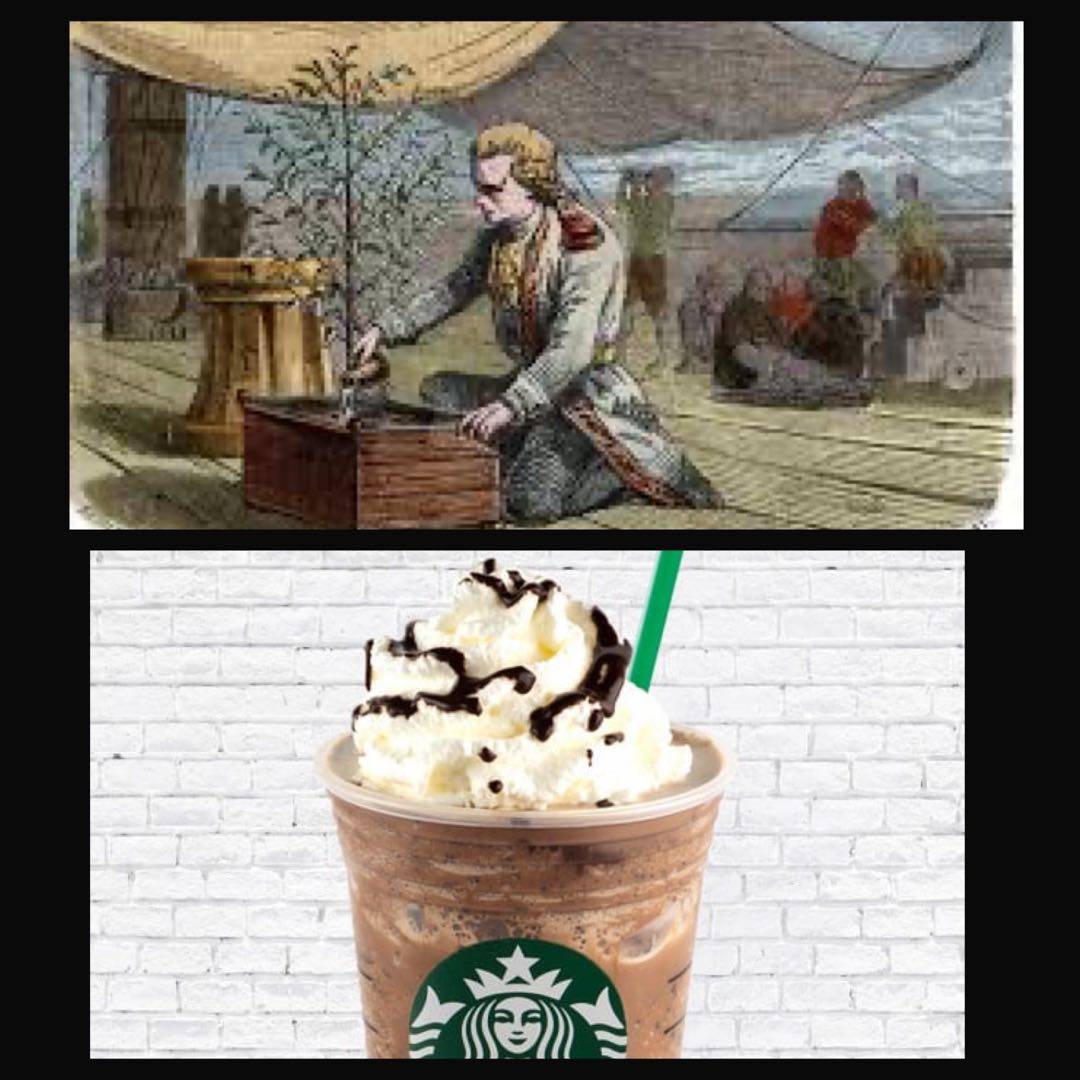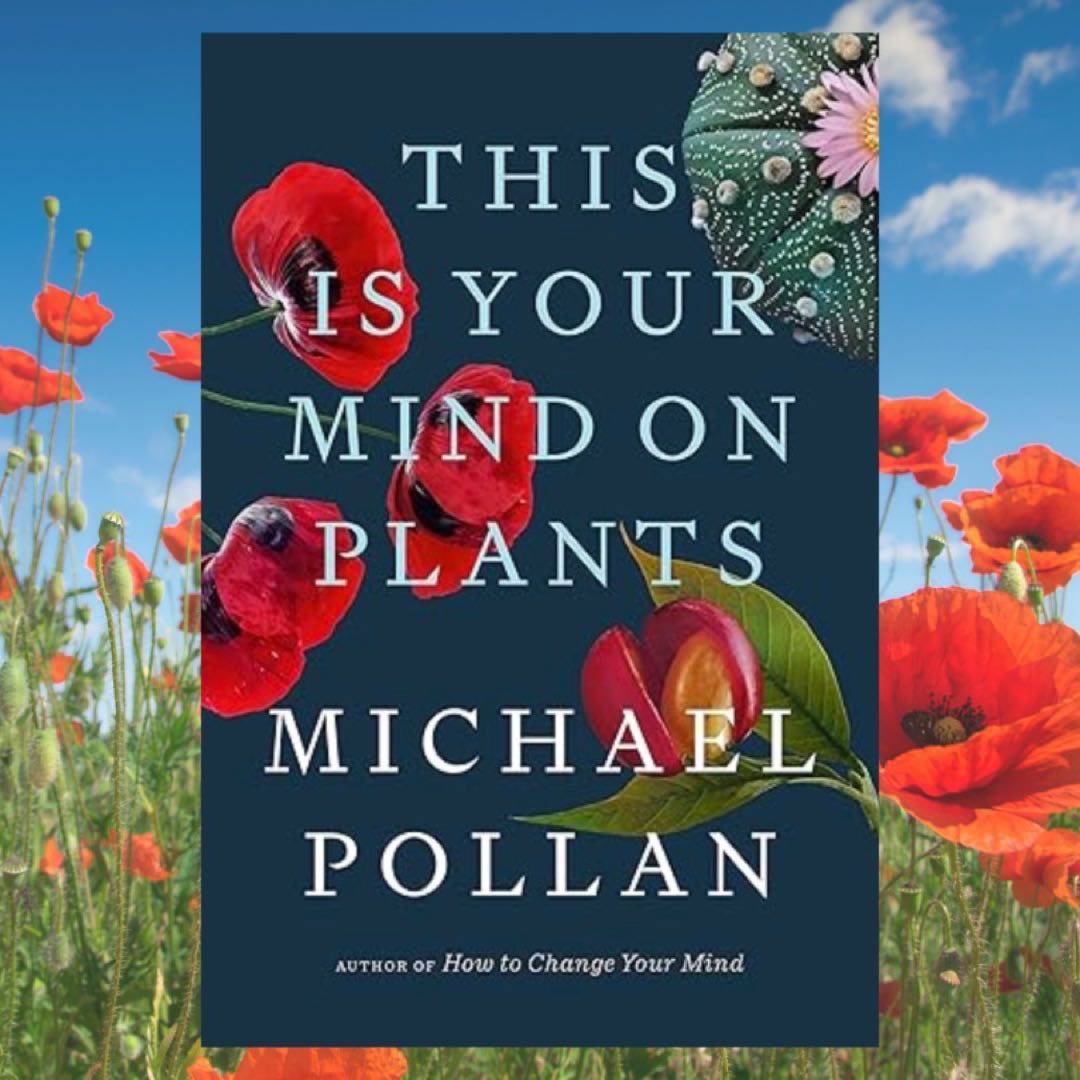
This Is Your Mind on Plants, by Michael Pollan (2021)
⭐️⭐️⭐️⭐️
Premise: An exploration of humanity‘s longstanding relationships with three plants that produce mind-altering substances
Review: Part memoir, part popular science, this is very effective. I could have used less memoir to allow for him to include more plants and more types of mind-altering effects, but it does what he wanted it to do.













